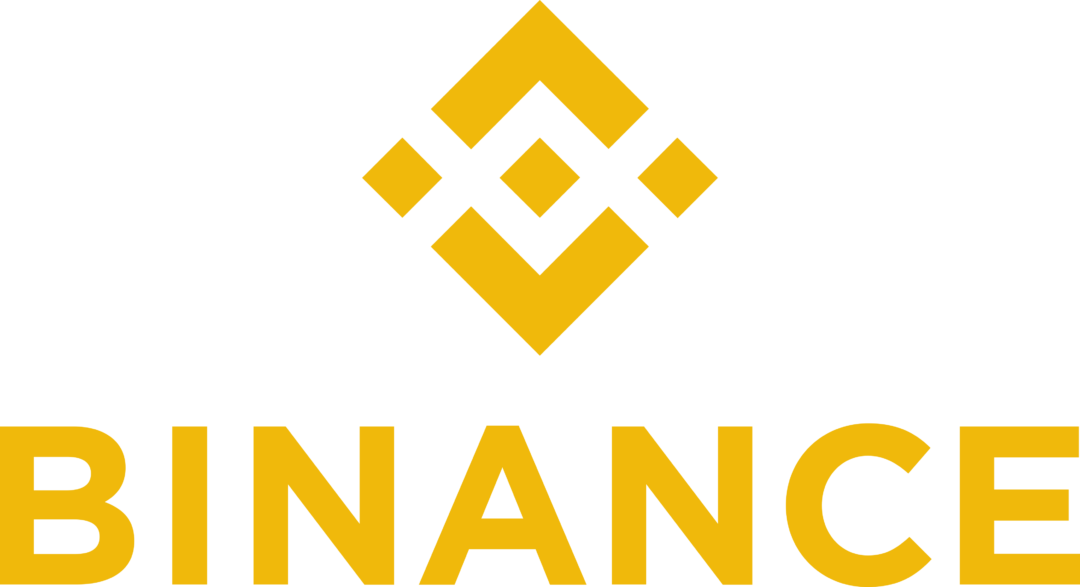The G20 Financial Stability Board (FSB) has announced that it will submit its own proposal for regulation to be introduced strong regulation and supervision of cryptocurrencies.
You might be interested in: 7 FAVORITE WAYS TO BUY A BITCOIN CARD IN 2022
The FSB will submit a proposal to regulate cryptocurrencies
The Financial Stability Board (FSB), an international body of major industrialized countries that make up the so-called G20 that monitors financial systems and regulates markets to prevent financial crises, has announced that it will present its own cryptocurrency regulation proposal in October.
The international body explained in a press release the reasons that will be the basis of this proposal:
“Crypto-assets and markets must be subject to effective regulation and supervision commensurate with the risks they pose, both domestically and internationally. Although jurisdictions are considering potential changes, so-called stablecoins and other crypto-assets operate without regulation and must comply with relevant existing requirements to address the risks these assets pose.
Cryptoassets and markets can perform the same economic function as the instruments and intermediaries of the traditional financial sector. As such, they are subject to the relevant regulations applicable to the underlying economic and financial nature of crypto-assets in accordance with the principle of "same activity, same risk, same regulation".
This report follows on from a report published by the FSB in February. This involved analyzing developments and vulnerabilities related to three segments of the cryptocurrency markets: bare-bones cryptocurrencies (such as Bitcoin), stablecoins, and decentralized finance (DeFi). The report highlighted how the rapid growth of cryptocurrencies, especially stablecoins and DeFi, could pose a serious threat to the financial stability of global markets.
“Crypto-asset markets are rapidly evolving and could reach a point where they pose a threat to global financial stability due to their scale, structural vulnerabilities and increasing interconnectedness with the traditional financial system.
Until now, the FSB has limited itself to controlling and monitoring the digital asset sector without ever directly intervening.
The failure of the Terra ecosystem and its stablecoin last May evidently prompted the G20 international regulatory body to prevent possible new similar events, which could also have serious impacts on traditional financial markets and investors.
Many experts worry that the new rules could be too strict and limit the development of digital assets that were created precisely to be controlled by no central organization. But as stated in the FSB press release, without a clear regulatory framework, we will never see mass adoption of digital currencies:
“For digital currencies to become mainstream, stablecoins must be trusted by the public. The only realistic way to achieve this is through a shared regulatory framework”.
Do not miss: WHERE TO BUY BITCOIN AND CRYPTOMEN











